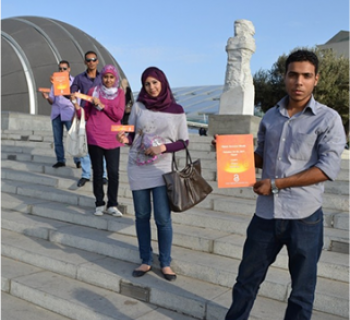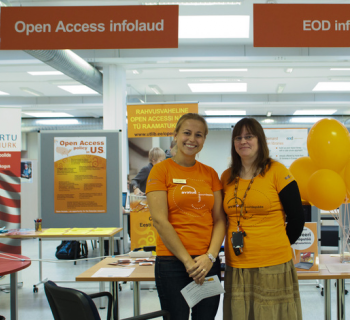
In 2002, EIFL was one of the original signatories for the Budapest Open Access Initiative, which coined the term Open Access'.

The internet has provided the means for researchers to make their research results available to anyone, anywhere, at any time.
Open access (OA), the immediate, online, free and unrestricted availability of peer-reviewed research literature, is becoming the new normal. More and more scientists are introducing open science (OS) practices into their work. Open science is an approach that makes research processes and data open and transparent at all stages, from planning to dissemination of results, and which encourages collaboration among researchers.
Key stakeholders in this evolving scholarly communication environment - researchers, students, research managers and policy makers, librarians, journal editors and publishers - need to be made aware of how OA and OS can support their work.
To help spread awareness, the EIFL Open Access Programme (EIFL-OA) organizes national and institutional OA and OS awareness raising and advocacy campaigns. EIFL also plays a leading role advocating for OA and OS internationally.

If you are from an EIFL partner country and are interested in open access or open science advocacy activities, please contact EIFL Open Access Programme Manager Iryna Kuchma at iryna.kuchma@eifl.net.
At our faculty researchers publish a number of publications. But we do not have access to them. Sometimes it is even hard to find out that they actually exist. The same thing happens with the scientific works written by students. Open access is not only about increasing citation, which refers to professors and researchers. Through our actions we show a variety of practical benefits of open access, both for students and researchers. Because open access is our common cause.
In 2002, EIFL was one of the original signatories for the Budapest Open Access Initiative, which coined the term Open Access'.
EIFL played a key role in the development of the UNESCO Recommendation on Open Science and is contributing to implementation of the Recommendation in partner countries and globally.